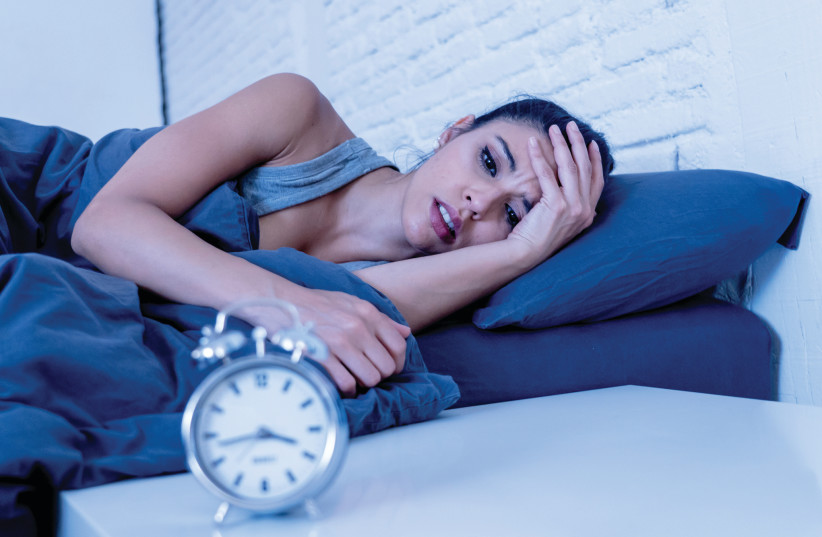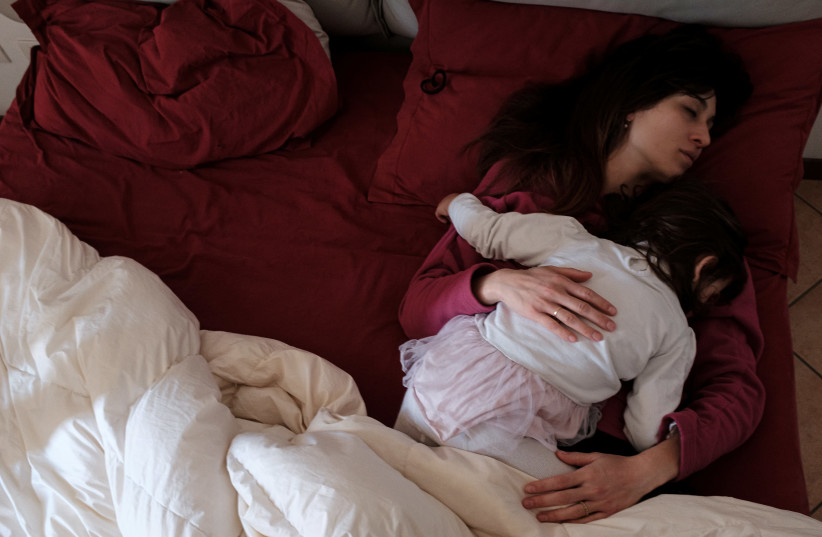Have trouble sleeping? If so, sleeping alone likely isn’t helping, according to a new study suggesting that people who sleep with a partner tend to sleep better than those snoozing solo.
Published by researchers from the University of Arizona in the peer-reviewed academic journal Sleep, the findings explored the benefits of sleeping with someone else, as well as the exceptions.
Sleep
Sleeping is very important for the human body, as anyone who has gone a sufficient amount of time without sleep can attest. It recharges our metaphorical internal batteries, keeps our mind feeling refreshed, and has significant benefits for one’s physical and mental health and well-being.
Likewise, a lack of sleep is linked to overall detriments for physical and mental health.

Indeed, poor sleep habits lead to an increased risk of a number of chronic conditions such as high blood pressure, diabetes, obesity, heart disease and more.
But while many people will voice a preference for sleeping with a partner for any number of reasons, there had not been a proper study on what health benefits there are sleeping with someone.
The study
The data – 1,007 working-age adults from Pennsylvania – was analyzed in a number of ways, with tools such as the Insomnia Severity Index and the Fatigue Severity Scale. All of this was used to measure the many aspects of sleep health, such as duration (for how long one sleeps), sleep latency (how long it takes to fall asleep after getting into bed), and more, as well as overall sleep satisfaction.
Several variables were naturally taken into account, such as age, sex, income, education and race/ethnicity. But also considered were what kind of sleep partners one had, specifically if one slept with a partner/spouse, child, pet or another family member.
The findings
Overall, sleeping with a partner or spouse was found to vastly improve one’s sleep.
Insomnia was much less severe, sleep tended to be longer, fatigue was lessened, and there was less risk of sleep apnea, or breathing disruption.
In addition, sleeping with a partner or spouse also saw far less stress and lower levels of depression and anxiety. It also saw a boost in life and relationship satisfaction.
By contrast, those sleeping alone suffered from greater insomnia, more fatigue and sleepiness, and a greater risk of sleep apnea. This is in addition to greater stress, depression, anxiety and less satisfaction.

But surprisingly, sleeping with a child was found to be even worse.
In fact, overall, sleeping with a child was linked to more stress, greater sleep apnea risk and insomnia.
Conclusion
Sleep is important, and odds are most people aren’t getting enough of it.
According to the US Centers for Disease Control and Prevention (CDC), at least a third of adults don’t sleep enough.
In Israel, a 2017 survey by the Central Bureau of Statistics found that nearly half of respondents slept less than seven hours a day – making Israel one of the most notable sleep-deprived countries.
According to the American Academy of Sleep Medicine and the Sleep Research Society, adults between age 18 and 60 ideally need at least seven hours.
